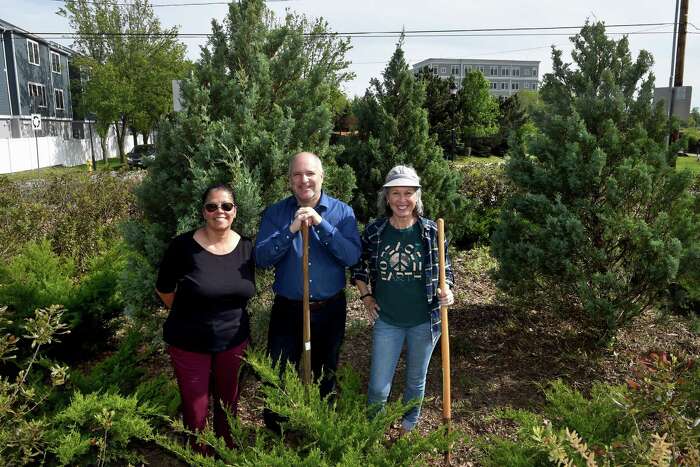CT received over 15,000 retail cannabis applications. Here’s how the state will pick the winners. Julia Bergman May 19, 2022
CT received over 15,000 retail cannabis applications. Here’s how the state will pick the winners.
FILE - Marijuana plants are pictured at a growing facility in Oklahoma City, Feb. 26, 2020. The Oklahoma Supreme Court says a proposed state question to legalize adult use of marijuana can head to a public vote. The state's high court late Tuesday, April,19, 2022. rejected a challenge to the proposed state question. (AP Photo/Sue Ogrocki, File)
Sue Ogrocki / Associated PressThere was no shortage of interest in Connecticut’s retail cannabis market as evidenced by the 15,605 applications for licenses the state received. Now comes the process of selecting the winners.
The state is issuing 12 retail cannabis licenses to start with half reserved for social equity applicants who must meet income and residency requirements. Two lotteries will be held for each license type — a social equity lottery and a general lottery — to determine who will get to operate in Connecticut’s adult-use cannabis industry.
The social equity lottery is meant to benefit those with lesser income levels and who have lived in “disproportionately affected areas,” or essentially census tracts that “have either a historical conviction rate for drug-related offenses greater than one-tenth, or an unemployment rate greater than ten percent.”
But don’t expect the same kind of public display as the 14 ping pong balls that were drawn Tuesday night to determine which teams would receive the top picks in the NBA draft.
In fact, the social equity lottery for the first round of retail licenses happened quietly Tuesday afternoon in a room on the University of Connecticut’s campus.
Dr. C. Michael White, a professor and department head at the UConn School of Pharmacy, input a randomized list of 8,275 unnamed social equity applicants given to him by the state Department of Consumer Protection into a computer program, which spit out six winners. Connecticut’s adult-use cannabis law stipulates that the lottery operator must be part “of the state system of higher education.”
The selected applicants will not be revealed publicly until the cannabis Social Equity Council vets them to ensure they meet the established criteria. Those who do will be sent to DCP for review before issuing provisional licenses.
If a selected applicant is disqualified under the social equity rules, then the next sequentially ranked applicant from the social equity lottery will be sent to the council to review.
Disqualified applicants from the social equity lottery can enter the general lottery provided they pay the difference in application fees. For a retail cannabis license, the non-refundable fees are $250 for an equity applicant and $500 for a non-equity applicant.
Some social equity applicants have expressed concern about being beat out by multi-state companies or wealthy individuals who submitted multiple applications to increase their chances of getting selected through the lottery.
All applicants not selected in the social equity lottery will be entered into the general lottery, which will take place after the social equity lottery concludes.
DCP will review the financial backers of both equity and non-equity applicants to ensure they don’t have any disqualifying convictions and are not in violation of the ownership cap.
Social equity applicants must hold at least a 65-percent stake in a cannabis business once open and list all backers by name in their application.
In addition to the 12 retail licenses that will be issued in the first round, the state’s existing 18 medical dispensaries can apply to become hybrid retailers without having to go through the lottery.
julia.bergman@hearstmediact.com



Comments